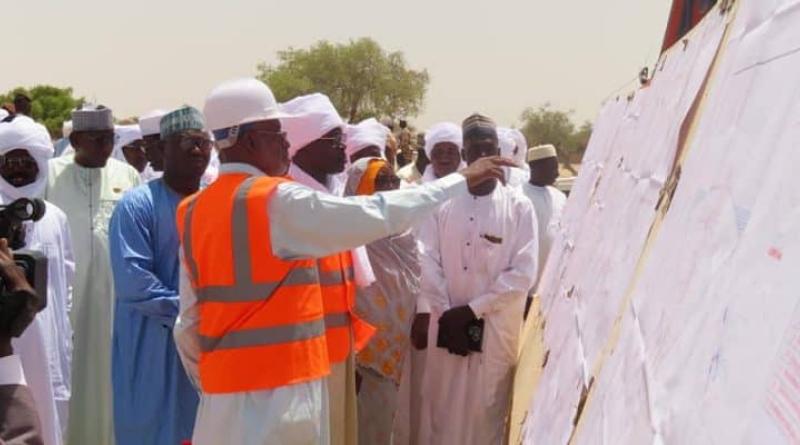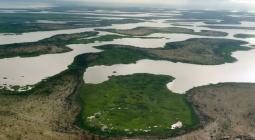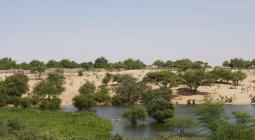CHAD: Le Rocher to build a drinking water supply system in the town of Moussoro

Chadian company Le Rocher has just laid the foundation stone for a drinking water supply system in the town of Moussoro, in west-central Chad. The system is due to come on stream in 15 months' time.
A new drinking water supply system should improve the supply of drinking water to the town of Moussoro in Chad. The project, launched on 15 May 2023 by the Chadian Minister for Water and Sanitation, Alio Abdoulaye Ibrahim, is being implemented by the Chadian company Le Rocher.
The future water supply system will comprise two 200 mm diameter boreholes, equipped with electric pumps capable of supplying 50 m3 of water per hour. The resource will be stored in a 1,000 m3 capacity reservoir. Drinking water will be supplied to the local population via 29 new standpipes linked by a 20.178 km distribution network “of all diameters”.
The new facilities will support the existing infrastructure, which will also be upgraded by Le Rocher. These include 12 standpipes, which will improve the distribution of drinking water in the town of Moussoro. In addition, two 50 kVA generators will be supplied and installed to take over in the event of a power cut.
Buildings for operating and chlorinating the water will also be constructed. The entire water supply system will be secured by a 150-metre-long fence. Le Rocher has 15 months to deliver all the water installations.
Read also – AFRICA: Water and sanitation security today, a necessity!
This project comes around six months after the Chad government announced plans to build at least 200 drinking water supply systems to boost the country’s drinking water supply. The Chadian government’s objective is to increase drinking water coverage to 100% by 2030, compared with 53% in 2021, according to the African Development Bank (AfDB). The project will also help to limit the proliferation of water-borne diseases, which are responsible for the deaths of around 19,000 people every year, according to a report published by the Water and Sanitation Programme (WSP) in 2016.





